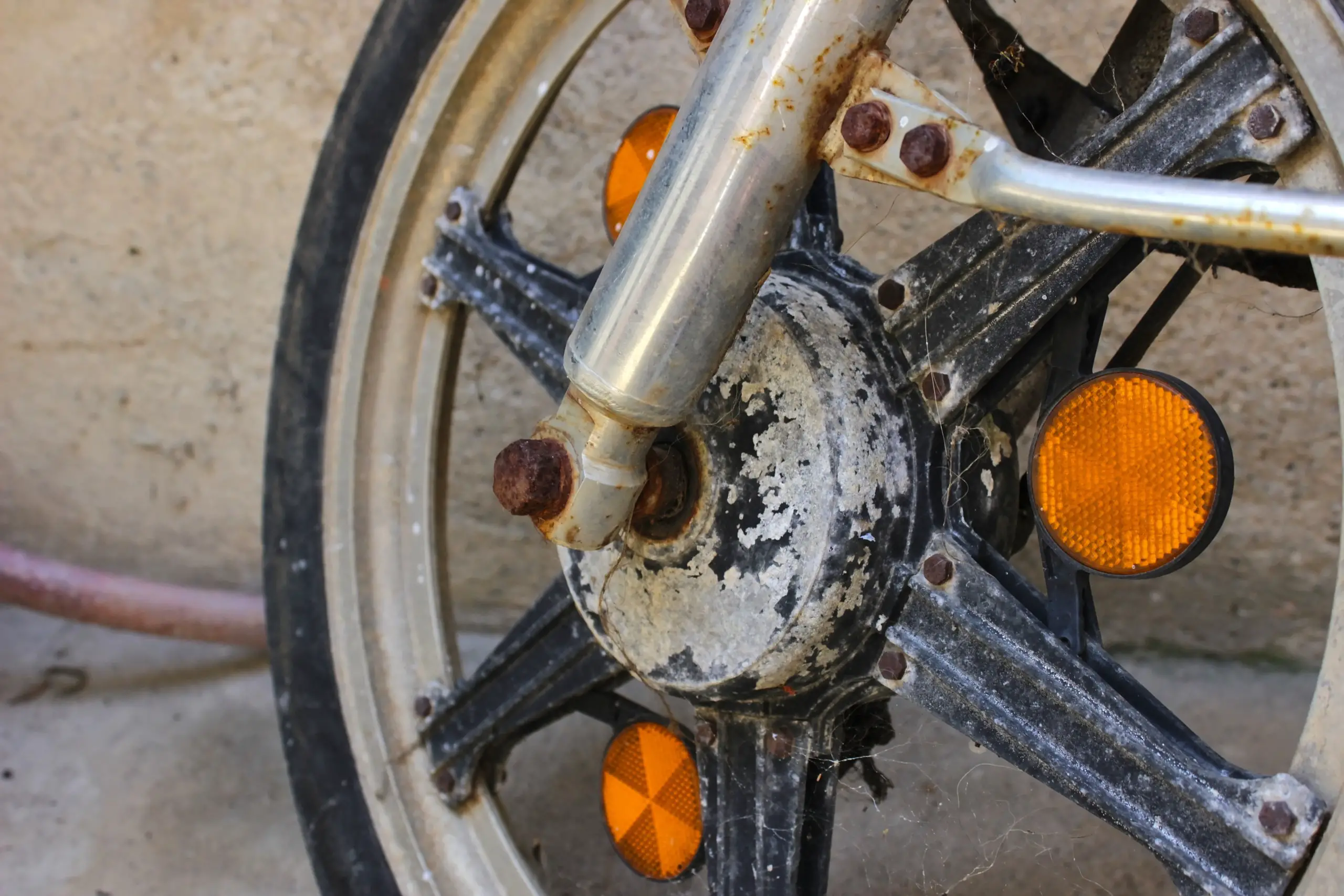Wilwood brakes are designed with cost-effectiveness in mind, and many people choose them as their racing brake brand of choice for their good quality at a low cost. However, problems can still arise with Wilwood brakes as with any type of brake.
The most common problems with Wilwood brakes include the brakes squealing during braking or driving, brake drag, resistance to braking, or the pads not retracting.
Brake problems are a common occurrence among racers, and if you are noticing problems with your Wilwood brakes you are probably not alone. Keep reading to learn more about these common issues, and what you should do when they occur.
What Are The Most Common Problems With Wilwood Brakes?
Racing enthusiasts often admire the Wilwood brand for their popular brakes at a reasonable cost. All brake brands can have issues, and you may notice the following things occur when you use your Wilwood brakes.
Strange Braking Noises
Quite possibly the most common braking issue often involves the brakes making a sound when you are braking or even driving.
Most people who notice this issue report the following noises:
- Squealing
- Humming
- Grinding
If any of these causes are occurring with your Wilwood brakes, this is not necessarily a sign that you need new brakes. However, you should take it to your mechanic for a consultation.
Brake Drag
Almost no feeling is quite so unwelcome to racers as brake drag. This occurs when at least one wheel does not release the brake rotor when you take your foot off the pedal. When brake drag happens, it may feel like your car is continuously braking. Not only is this annoying, but it can also seriously slow down the speed of your car, resulting in negative competition outcomes.
Brake drag can cause your brake pads to wear out quickly, resulting in you needing to get them replaced more frequently.
Resistance to Braking
Though the causes for braking resistance can be quite complex, it usually results in a strange feeling when you brake your vehicle, as if the brakes may give out at any time. Brake resistance usually happens when there is an error with your brake fluids. However, this can also be a clear sign that your Wilwood brakes need service or repair.
Brakes should always feel a little bit of resistance, but if you notice that this resistance is drastically increasing, you should consider getting the vehicle looked at by a mechanic.
Brakes Not Retracting
If you feel as though your Wilwood brakes are not retracting, this probably means that there is an issue with either the caliper pistons or with your brakes themselves. Your brakes need to retract so that the wheel can continue moving with ease. When brakes do not retract, your pads will wear out much more quickly, and there can even be lasting damage caused to your brakes themselves.
When Should You See a Mechanic About Wilwood Brakes?
If you have noticed one of the above issues with your Wilwood brakes, you may be wondering when you can administer an easy fix or if you should take it to a mechanic.
The following guidelines can help you decide:
- Frequency of occurrence: If you have only noticed the squealing once, or if it only rarely occurs, it may not be a severe issue. However, if it is something that is happening often you should get it looked at.
- Impact on driving: Of course, speed is probably your main game, and if the brake issues are impacting your vehicle’s ability to race or reach high speeds, it is a sure sign that you should talk to a mechanic.
- Your own experience: Fixing cars is an art that requires a lot of training and experience. If you know how to deal with brake issues, you can try an at-home fix. However, if you are less experienced it is always a good idea to talk to a professional.
Your brakes are an essential part of your car, and the bottom line is that you should err on the side of caution. If you suspect there is a severe problem or one beyond your ability to fix, you should have it looked at.
Conclusion
As with any product, Wilwood brakes can sometimes have issues. Their most popular issues are often the sounds they make, resistance to braking, drag, or a lack of retraction. Fortunately, most of these problems are often very fixable, and with some troubleshooting and the help of a mechanic, you will be back on the track in no time at all.

